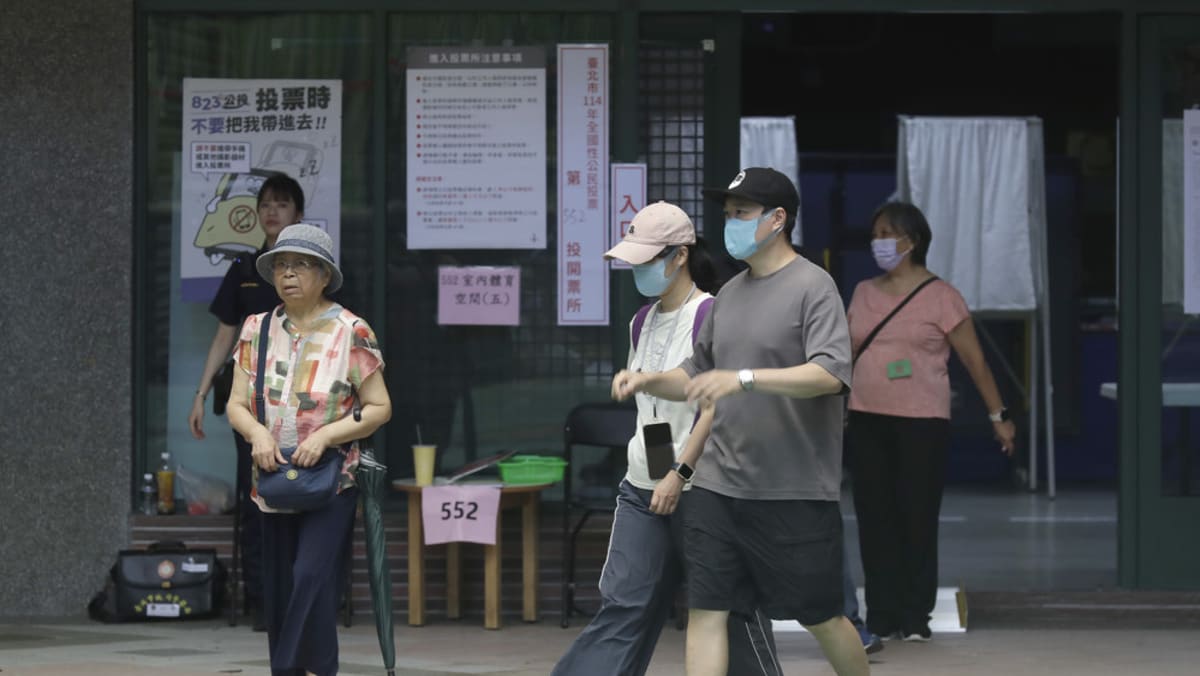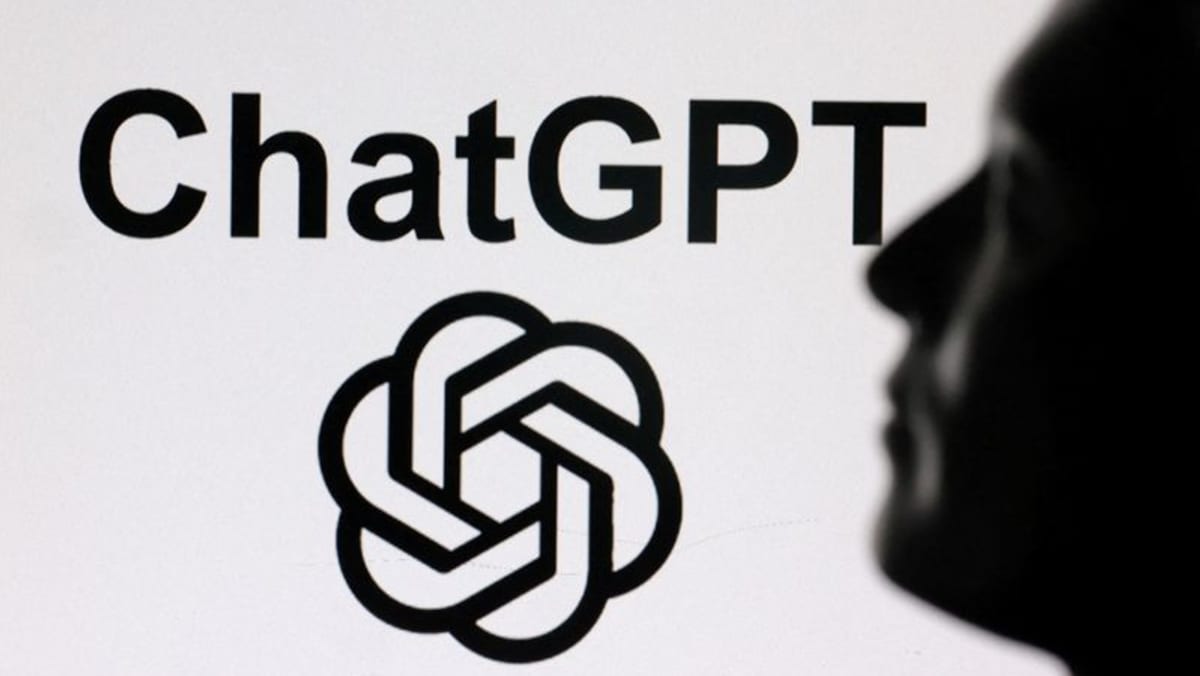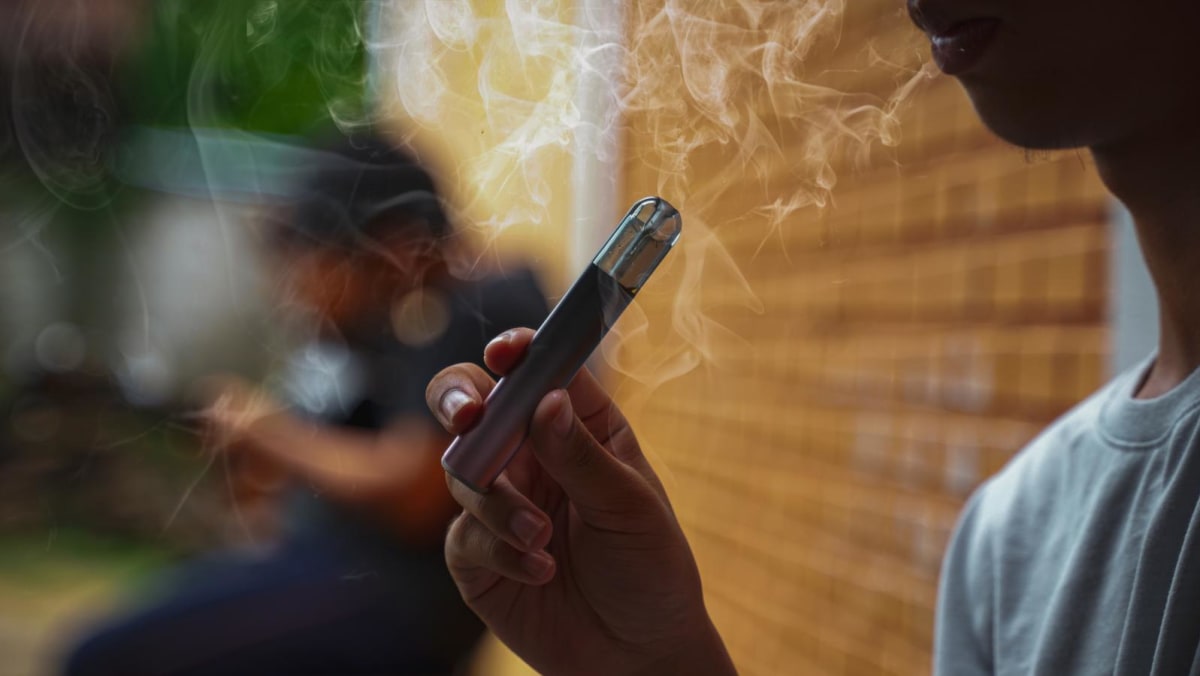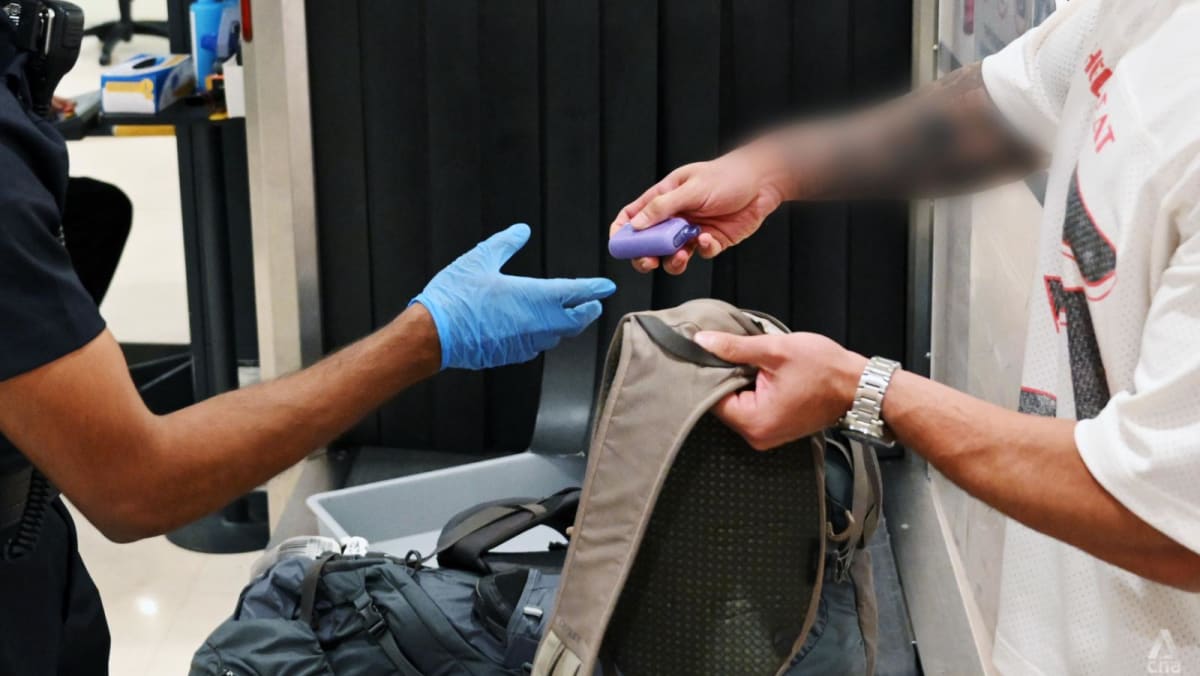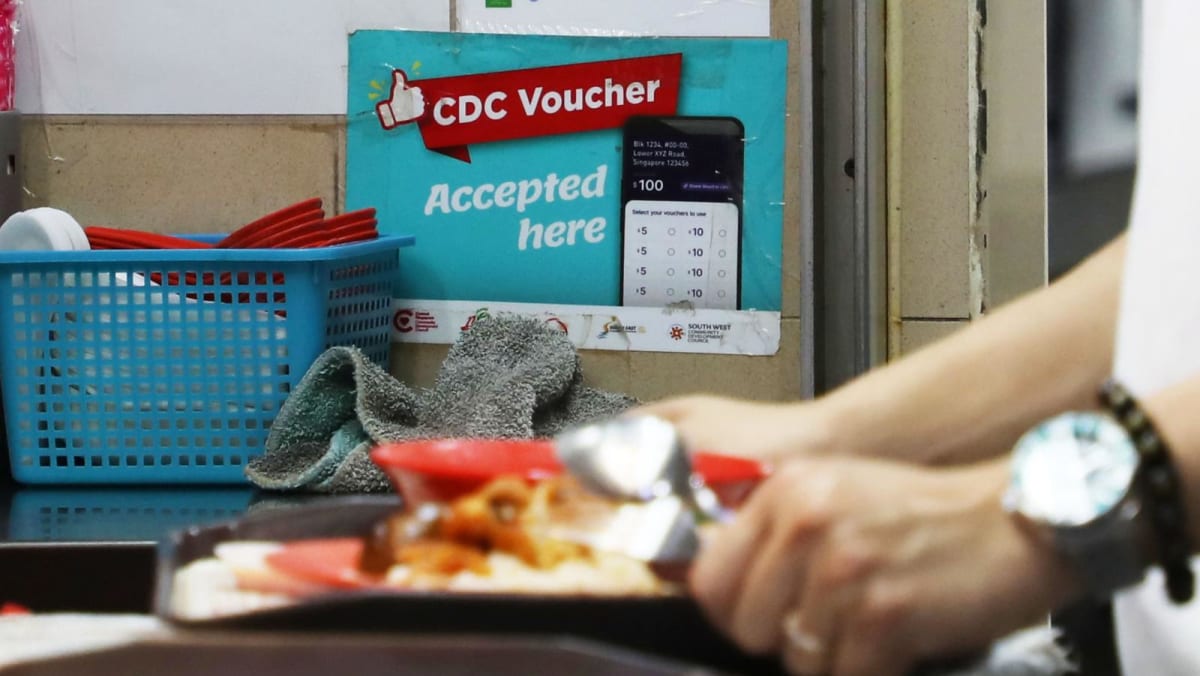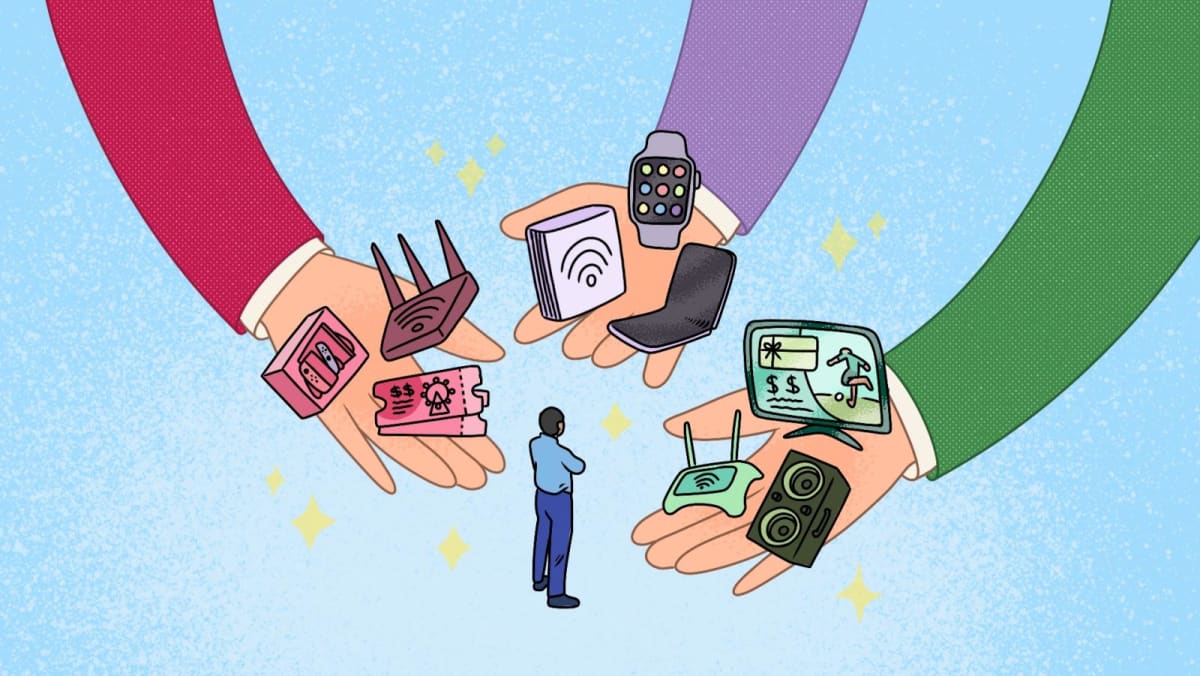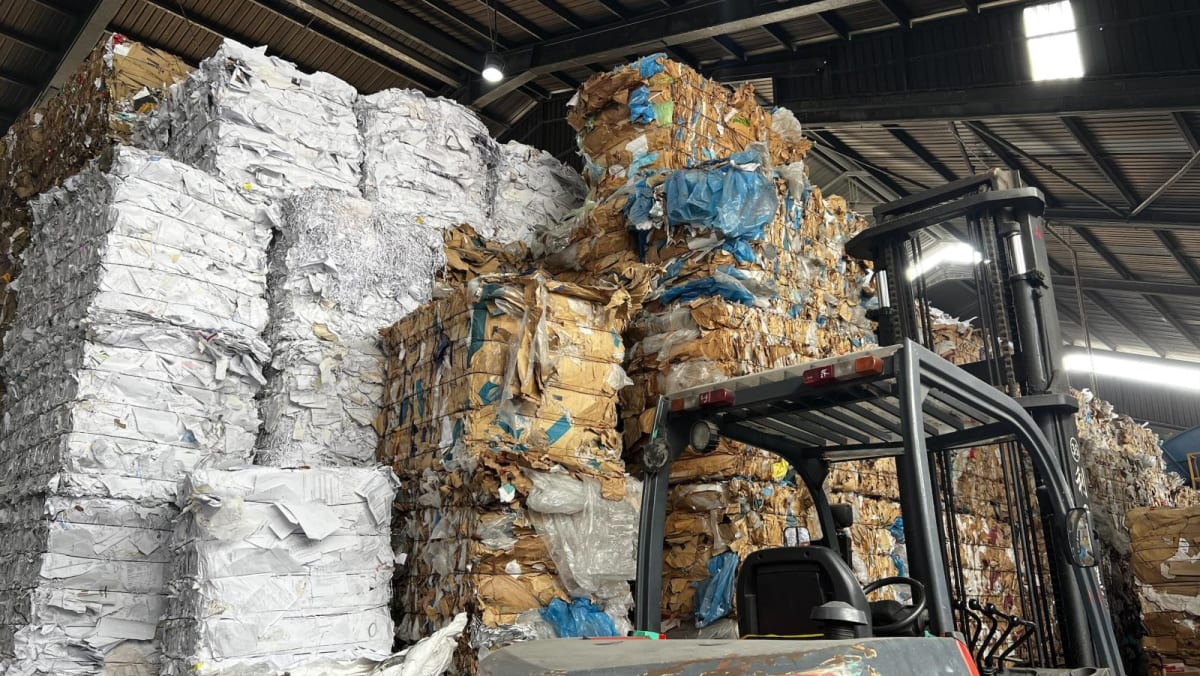Another affected parent who wished to be known only as Elizabeth welcomed PM Wong’s announcement as a step in the right direction but, like Ms Tang, is still waiting to see what concrete action will follow.
The 55-year-old administrator said her son had been using Kpods, but stopped after a close friend died in a Kpod-related incident.
Elizabeth said her son, aged 14, is currently not using Kpods and is trying to quit his reliance on all vapes. She’s thankful that he’s now turned the corner, but she knows she’s one of the lucky ones.
“A lot of parents are struggling,” said Elizabeth. “You go to one place for help, and they push you to another.
“In the end, no one is actually helping you.”
“MA’AM, I’M SORRY”
Etomidate, the key substance in Kpods, is an anaesthetic which can be dangerous when used outside a controlled medical environment.
It is currently not classified as a controlled drug. Under existing laws, users of drug-laced pods may face fines but not arrest or mandatory rehabilitation.
As such, when parents call upon law enforcement, agencies often have their hands tied.
In July 2025, the Ministry of Health announced plans to reclassify etomidate as a Class C controlled drug under the Misuse of Drugs Act (MDA).
When that comes into effect, users can be placed under supervision, required to undergo mandatory rehabilitation, or committed to a drug rehabilitation centre. Repeat offenders may face prosecution and a minimum jail term of one year.
Vapes, or e‑vaporisers, are currently banned in Singapore and regulated under the Tobacco (Control of Advertisements and Sale) Act.
Distributing, importing or selling prohibited tobacco products – including vapes and their components – carries a heavier penalty: a fine of up to S$10,000, up to six months’ jail or both.
The increased use of vapes among youth is now a growing national concern, with 2,000 cases of students reported for possessing or using e-vaporisers in 2024. This is a significant jump from the 900 cases reported in 2023.
Kpods appeal to youth in particular because they are so quickly and easily accessible, said Associate Professor Sewa Duu Wen from the Department of Respiratory and Critical Care Medicine at Singapore General Hospital. It’s also difficult to track transactions for these devices on encrypted platforms such as Telegram.
Other draw factors include social influence, misconceptions that vaping is safer than traditional smoking, and the ease of concealment, said Dr Sewa.

